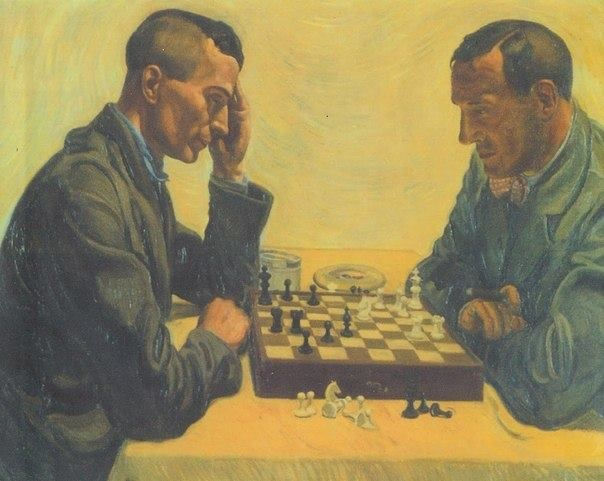Reason is instinctual to consciousness: David Hume in the AI era.
- Yazmin T. Montana

- Dec 10, 2022
- 2 min read
David Hume was born in 1711 in Edinburgh, United Kingdom. He was a historian, economist, librarian, essayist, and empiricist philosopher.
On his most famous book, A Treatise of Human Nature, published in 1739, he presented an analysis of the nature of thought and alleged that reasoning is instinctual and innate to consciousness.
Professor Edward Hall, Department Chair of Harvard University’s Department of Philosophy said about Hume's A Treatise of Human Nature: The book is famous for laying out a kind of modest skepticism about the extent of human knowledge, and in particular scientific knowledge, that has generated one of the most important and durable philosophical puzzles in philosophy of science.
According to Hume, reasoning is not completely rational.
As puzzling and paradoxical as it might seem, he elaborates on this idea on the seventh argument for reason of his first essay in the book Dissertation on the Passions.
He explains the action of reasoning can be catalogued as a calm and reflective passion, and not as a fully rational or practical activity. He argued reasoning is a sense that is often misunderstood and confused for practicality since it does not evoke emotional effects. According to Hume, human beings are unaware of the characteristics of passion that exist within reasoning, and often consider that their experience is split into two: Passion or reason.
But both passion and reason have an effect on our behaviors and values, therefore reasoning is a calm passion that eliminates the possibility of conflict. It is in the realm of deep thought, discipline and so called professionalism that we can experiment the almost imperceptible influence of reason in our behavior.
Hume alleged that rationalist philosophers fabricated the terminologically ambiguous difference between passion and reasoning to give a practical faculty to the latest, and that the purpose of reason according to rationalist in their widespread accepted definition, confers it the faculty to discern between truth and lie, by analyzing abstract relationships between ideas.
After presenting these arguments against the concept of practicality of reasoning, Hume achieves an important revelation: Finding out the type of passion that has acted over us, is a matter of realizing their degree of importance in our life and not how violent they can be.
If reasoning is a passion, does it mean machines can feel passion?
Hume came up with the term inferential instinct to define one of his most challenging and controversial ideas: Reasoning is just an instinctual effect that occurs every time our mind changes from one psychological state from another.
This idea will inevitably take us to a "concatenated" set of new thoughts: If reasoning is an instinct, and this instinct turns into a passion that modifies our behaviors... Does it mean that when machines "reason", they are feeling passion?
And if so, Does it mean that machines can possess instincts, or are those intrinsic to beings of flesh and bone?
After all, there could be a reason as in why a machine would need to survive away from its environment...

David Hume, digital art.





Comments